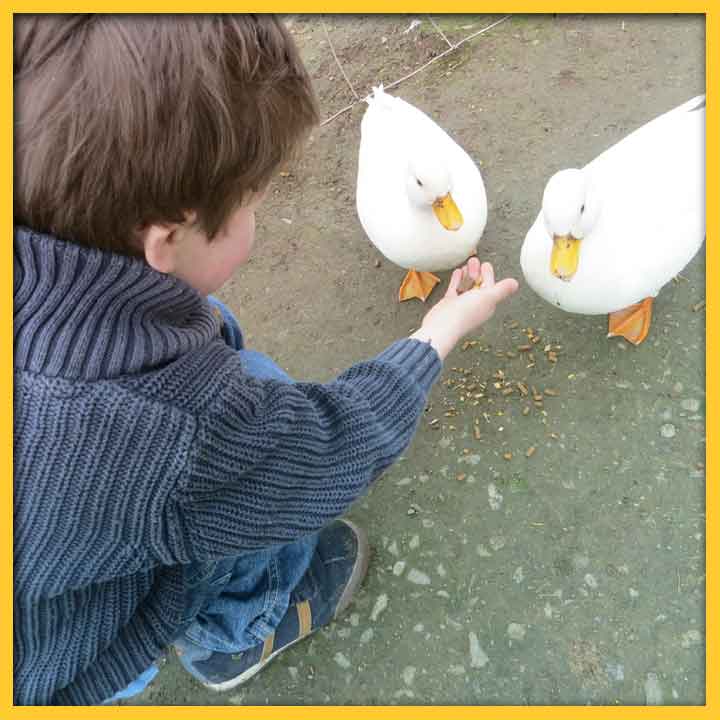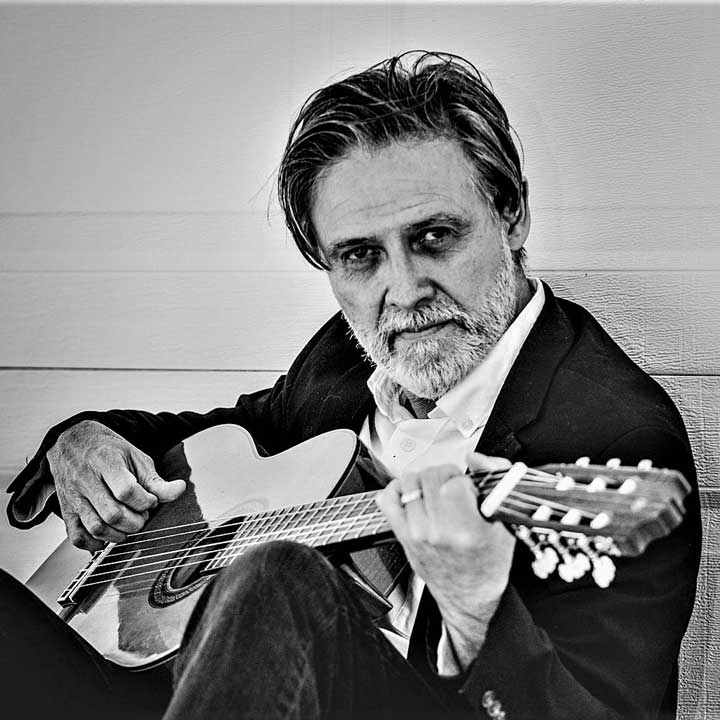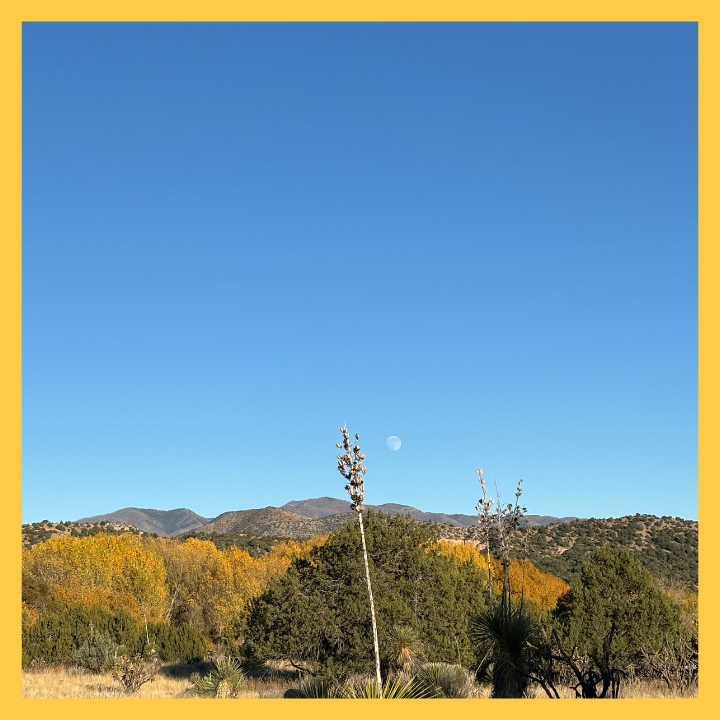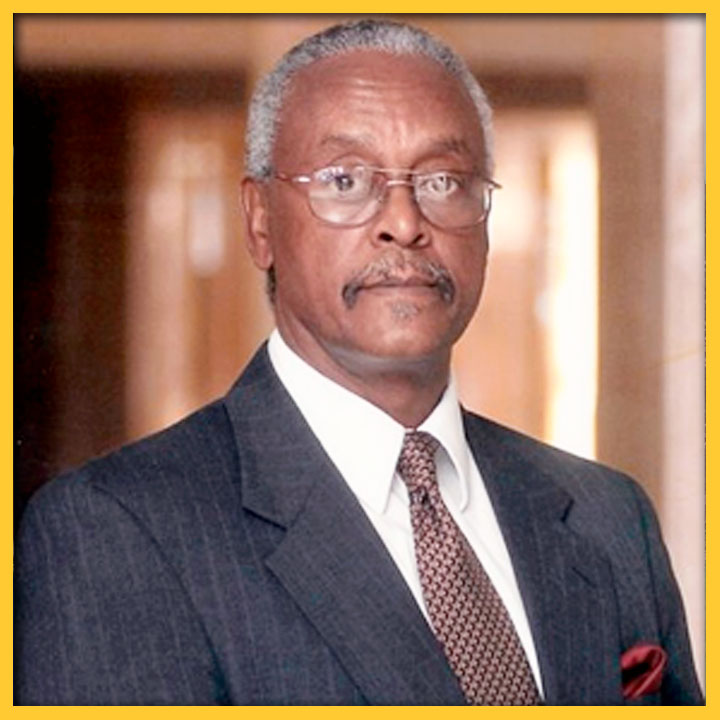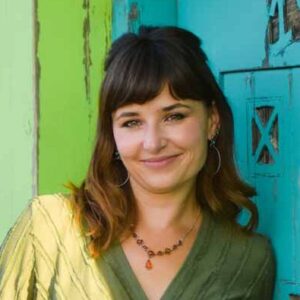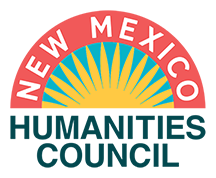“Kill two birds with one stone.” “Be a trailblazer.” “Do groundbreaking work.” These are common phrases in the English language, and for a while, I saw nothing wrong with them, even as a professional editor. But a few months ago, I attended a virtual conference organized by The American Copy Editors Society (ACES) and came across a session titled “Using Copy Editing to … Save the Earth?” It was hosted by Laura Standley, the director of copy and language services at the New York-based creative advertising agency Droga5, and I can now say that no other editing session, conference, workshop, or even book has influenced my work or the way I think about language as much as this session has.
For those of us who write and edit professionally, I want to share some of what I’ve learned from Standley—but these lessons are invaluable to anyone who communicates in English.
Citing work by Donal Crilly, Morten Hansen, and Maurizio Zollo (1), Standley wrote in her presentation, “Your grammar can reveal both your conscious and subconscious, including your biases or the defaults from which you operate in the world.” Standley noted that even style guides and dictionaries, created almost exclusively by white men of certain economic and educational backgrounds, have inherent bias. To be clear, this isn’t to say that being a white man of a certain economic and educational background is a bad thing—only that it is limiting. For example, the Chicago Manual of Style does not acknowledge that the term “girl” is problematic when the writer means “woman,” yet the very definition and societal implications of “girl” compared to “woman” are of course different. (Try swapping “boy” for “man” in an example and compare the results.) Editing can be considered a passive activity, with the editor in turn assuming certain things about the writing or the writer and taking a minimal approach to making changes. But what if, Standley prompted, the process of editing (via an editor, via yourself, for writing, for in-the-moment talking) became much more active?
Standley described how in 2018, she had a revelation about her company’s approach (her clients include Amazon, Chase, and Paramount+): “If you can change the way people write, maybe you can change the way people think. And if you can change the way people think, you can change … who is seen and heard, who gets cast and who gets cast aside—all by suggesting edits to the words on the page. In this way, a copy editor can change the world.”
About a decade ago, when I was a full-time academic textbook editor, it was standard practice to default to the masculine (for example: “If a student needs additional resources, he can contact faculty members through the university directory.”) These days, we, collectively (at least in the United States), are much more conscientious about the pronouns we use, and the default in many communication spheres is now to use the plural. Just look at Instagram: “[This person] added a video to their stories.”
Ecolinguistics is nothing new; more than 50 years ago, Norwegian-American linguist Einar Haugen played a significant role in establishing this field of study (2). Haugen was particularly interested in the way language diversity influenced the human-nature relationship. If you speak more than one language, you know there are nuances or perspectives in one that may not be available in another. In Spanish, which is spoken by at least a quarter of New Mexicans, nouns are feminine or masculine. How we think about something can therefore be influenced by how we assign gender to something; animals or inanimate objects can also take on human qualities because of having a gender. In English, though, we have a distinct separation between humans and nonhumans, which, some argue, emphasizes a feeling of human authority over nature. Indeed, it’s hard to talk about gender, equality, and equity without also talking about issues surrounding sustainability and the environment—which in turn relate to issues of power, colonialism, and capitalism. As English becomes a more and more dominant global language, while many indigenous languages are vanishing, it’s all the more important that we pay attention to what we say and how and why we say it, as well as who remains in the subtext.
In her essay, “Speaking of Nature: Finding Language that Affirms our Kinship with the Natural World,” (3) Potawatomi author and scientist Robin Wall Kimmerer points out, “English encodes human exceptionalism, which privileges the needs and wants of humans above all others and understands us as detached from the commonwealth of life.” She adds, “I don’t mean to say that we are constrained to act in a certain way because of our grammar. I’ve been saying ‘it’ for most of my life and so far I have not clearcut a forest. … Nor does a language of animacy dictate that its speakers will behave with respect toward nonhumans.” Still, she advocates for the preservation and revival of native languages for many reasons; even if individually we never become fluent in another language, common or not, understanding how others view the world and speak about it is to expand our own interpretation of who we are and how we live.
“Thankfully, human history is marked by an ever-expanding recognition of personhood, from the time when aboriginals were not seen as human, when slaves were counted as three-fifths of a person, and when a woman was worth less than a man,” Kimmerer writes. “Language, personhood, and politics have always been linked to human rights. Will we have the wisdom to expand the circle yet again? Naming is the beginning of justice.”
Part of naming is to get into specifics: “She heard the birds singing” can be “She heard the pinyon jays singing,” which can just as easily be “She heard the piñon jays singing.” Standley also suggests using the same words for humans (of any gender) as well as animals when the behavior is the same. Can expressions of violence shift to expressions of non-violence? To “kill two birds with one stone” (an expression not just of violence but also of efficiency, something we Westerners tend to prize because we value productivity) can simply be “feed two birds with one hand.” Check, too, for any “underlying contempt,” as Standley calls it, or insinuations that may not be intentional. For example, using the term “shark-infested waters” (as opposed to “shark-inhabited waters”) indicates a particular feeling or opinion about sharks, that sharks shouldn’t be or don’t have a “right” to be where they are, especially when their presence creates some inconvenience to a human want or need.
Another way to expand that language circle Kimmerer speaks of is to watch out for words and phrases infused with colonial history. Standley encourages questioning who is and is not included in what we say, how we say it, and what’s implied. For example, when we say that land was previously “undeveloped,” “uncharted,” “unmapped,” or “untamed,” we are adding some sort of value to it that wasn’t there before, but only through a particular lens of what makes something valuable or knowable. Inherent in such language is also the assumption that constant growth is good and that more is better. When we say we need to “drill down” on an idea, that something is “groundbreaking,” that something’s coming “through the pipeline,” or that something is “worth its weight in gold,” how are we assigning importance to ways of thinking and acting that are connected to extraction, profiteering, materialism, dominance, aggression, oppression, and violence?
Social justice and environmental issues have influenced the English language since its inception; it is natural for a language to evolve. Being intentional in what you say is powerful, regardless of your profession. To be intentional, you have to be aware. If you are a writer, you have a unique responsibility to be conscientious about what you create, whether you’re a journalist, a speech writer, or a copywriter coming up with the content that appears on the back of a shampoo bottle. Editors also have this responsibility, of being conscientious. Editors are the gatekeepers (to use another common, possibly problematic phrase) of the written or spoken word: we are the final checkpoint before the language goes out into the world, for better or worse. The golden rule among editors I’ve known and worked with in my career so far seems to be that you have to be able to stand behind/champion/fight for the work you helped shape—or to be prepared to acknowledge, apologize, learn, and carry on with new enlightenment. We are all human, after all, which is to say we are imperfect.
“Maybe now, in this time when the myth of human exceptionalism has proven illusory, we will listen to intelligences other than our own, to kin,” writes Kimmerer. “To get there, we may all need a new language to help us honor and be open to the beings who will teach us.”
